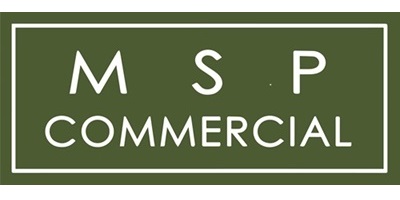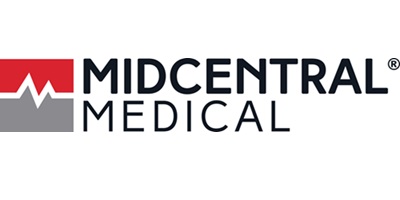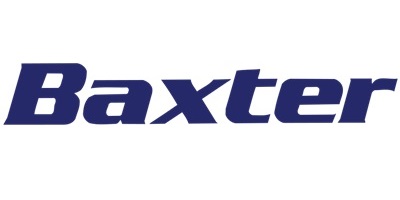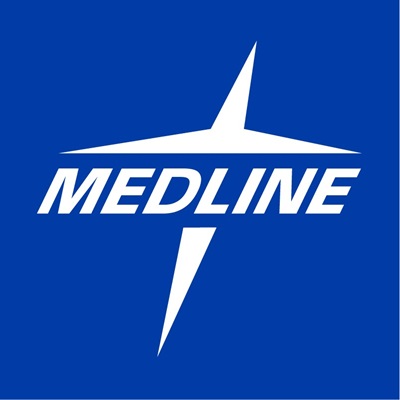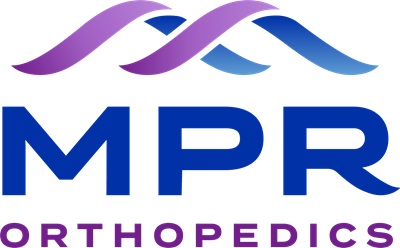- Home
- About Us
- Advocacy
- Learning & Events
- Sponsors
- Contact Us
2023 MNASCA Annual ConferenceThe 2023 conference program was approved for up to 10.0 hours of AEUs and up to 2.0 hours of IPCHs by BASC Provider #6240. This conference was also designed to meet contact hours for the Minnesota Board of Nursing continuing education requirements. Please see the BASC approval letter and content area breakdown for more information. For more information about the educational sessions and materials, please see the details below. Thursday, October 5, 2023
8:15 – 9:15 a.m. A Deeper Understanding of What is Happening in the Magic Box! Silas McAghon, Clinical Specialist, Medical Solutions Division, 3M AEU Category: Quality Management CAIP IPCH Category: Infection Prevention Program Development, Implementation and Maintenance In healthcare, the objective is to continually raise the bar for patient safety to ensure positive patient outcomes. The sterile processing department plays a critical role in meeting this goal. This presentation will examine the elements of vaporized hydrogen peroxide sterilization, starting with the basics of sterilization science then, quickly moving to advanced quality tools and troubleshooting the vaporized hydrogen peroxide sterilization process.
Learning Objectives:
9:35 – 10:35 a.m. Minnesota Marijuana Legalization: Impacts on Workplace and Drug Policies Moderator: Mary Haugen, MNASCA Board Treasurer, TRIA Orthopedics Panelists: Grant Collins, Attorney, Felhaber Larson Dr. Ashwin George, MD, CEO and Medical Director, Valley Medical and Wellness Bryan Fischer, Senior Teammate Relations Analyst – Human Resources, SCA Health AEU Category: Regulatory and Legal Issues With Minnesota now allowing legal use of cannabis, chances are someone on your staff or some of your patients may be exposed. Find out what you need to know to address new implications of cannabis in your surgery center, including how to manage your employees, handle patient consents, and develop policies that will help you keep everyone in your ASC safe.
Learning Objectives:
Resources/Handouts: 11 a.m. – 12 p.m. Cultivating a Coaching Mindset Holly Huso, Founder, The Haymaker Sales and Leadership AEU Category: Human Resources As a leader, managing direct reports can be one of the most challenging things you do. Explore how to bring out the best in your teams and reach your workplace goals by leading like a “Coach,” not a “Boss.” Expand your playbook as you learn about setting and communicating high team standards and delivering effective feedback. Discover ways to encourage creativity and look for opportunities to celebrate the small wins for big gains!
Learning Objectives:
1 – 2 p.m. Minnesota Department of Health Agency and Regulatory Impacts for ASCs Moderator: Michael Miller, MNASCA Board Member, SCA Health Panelists: Stefan Gildemeister, Director, Health Economics Program & State Health Economist Maria King, Health Regulation Division Director, Minnesota Department of Health Nicole Osterloh, RN, Federal Operations Supervisor, Minnesota Department of Health AEU Category: Regulatory and Legal Issues Join leaders from the Minnesota Department of Health (MDH) to hear the latest agency updates for ASCs. Learn about the state’s Health Economics Program and what it means regarding access, markets, and cost—and recent legislation that gives MDH a greater role in the healthcare marketplace. Understand the priority tier structure for ASC survey and certification and gain helpful insights from recent agency surveys. Learning Objectives:
Resources/Handouts: 2 – 3 p.m. 2023 Legislative Update: A Consequential Session Moderator: Tracy Mills, MNASCA President, MNGI Digestive Health Panelists: Thomas Poul, Legislative Attorney, Poul Haas P.A. Julia Reiland, Partner, Lathrop GPM AEU Category: Regulatory and Legal Issues It was an historic year for the Minnesota Legislature with the DFL in control of the House, Senate, and the Governor’s Office for only the second time in thirty years. Learn about outcomes from the 2023 Legislative Session and ways your advocacy mattered. Find out about important healthcare-related updates and hear about the implications of a new law giving the Attorney General more oversight over healthcare mergers and acquisitions. Bring your questions!
Learning Objectives:
Resources/Handouts: 3:20 – 4:35 p.m. The State of Anesthesia Moderator: Darci Nagorski, MNASCA Vice President, Saint Cloud Surgical Center Panelists: Robyn Majestic, CRNA, Director of Clinical Anesthesia, MNGI Mike Singh, CRNA, Owner/Manager, Certified Anesthesia Care Leah Gordon, DNP, APRN, CRNA, Program Director, Saint Mary's University of Minnesota Graduate Program in Nurse Anesthesiology Julie Gauderman, DNAP, APRN, CRNA, Associate Director, Saint Mary's University of Minnesota Graduate Program in Nurse Anesthesiology Mary Flanagan, CRNA Lead, North Memorial Health System AEU Category: Deliver of Patient Care One of the most significant decisions for an ASC is selecting an anesthesia partner who is aligned with your vision, goals, and values. Learn how to evaluate the anesthesia services your practice uses, what you should expect from an anesthesia provider, and how the right anesthesia partnership can help your ASC succeed in today’s healthcare market. Disclaimer: Today’s discussion is geared toward the CRNA anesthesia model and how practices can benefit from using the model in various ways. Learning Objectives:
Resources/Handouts:
Educational Sessions Friday, October 6, 2023 Resources/Handouts: 8:15 – 9:15 a.m.Navigating Supply Chain Constraints Robert Mayhew, Director of Supply Chain Management, Revo Health AEU Category: Financial In this session, we will discuss Supply Chain Management as it relates to Ambulatory Surgery Centers. The session will discuss best practices and strategies for several areas of Supply Chain– such as Contracting, Purchasing, Data Management – and provide real practical tips on how to implement these best practices and strategies to save money, improve workflow, and ultimately support patient care. Learning Objectives:
Resources/Handouts: 9:15 – 10:15 a.m. Quality Improvement Studies: Best Practices, Strategies & Tools for Tracking Data and Better Patient Outcomes Moderator: Melissa Jones, MNASCA Board Member, SCA Health Presenter: Grant Duncan, VP of Marketing, HST Pathways Panelists: Ryan Larson, Director of System Quality Improvement & Specialty Program Development, TRIA Orthopedic Center JaNelle Gorg, Director of Quality and Risk Management, MNGI Digestive Health Hailey Englund, Lead ASC Quality Program Manager, Revo Health Kari Scholz, PACU Manager and QI Lead, St. Cloud Surgical Center AEU Category: Quality Management CAIP IPCH Category: Surveillance, Data Collection and Analysis ASCs continually strive to deliver safe, affordable, high-quality outpatient surgical care. Learn from real-life events at Minnesota’s ASCs to fine-tune your practices and processes and discover effective tools to help your center monitor and assess data to achieve better patient outcomes.
Learning Objectives:
Resources/Handouts: 10:45 – 11:45 a.m. Healthcare Workforce: Challenges and Solutions for ASCs Moderator: Chris Zeigler, MNASCA Board Member, Twin Cities Orthopedics Panelists: Danny Ackert, Director of State Government Relations, Minnesota Hospital Association Marc Majors, Assistant Commissioner, Minnesota Department of Employment and Economic Development AEU Category: Human Resources Minnesota is facing a significant health care workforce shortage. Huge increases in job vacancy rates, exponentially rising labor and supply costs, and the need to rely on temporary staffing, are creating an immense strain on our state’s hospitals and health systems. Learn how the state is currently working to address these health care workforce issues and new policies that can help attract workers into critical health care positions.
Learning Objectives:
11:45 a.m. - 12:45 p.m. Reducing Stress and Building Resiliency Debbie Fuehrer, MA, LPCC, Mind-Body Medicine Counselor, Integrative Medicine and Health, Mayo Clinic AEU Category: Human Resources Healthcare professionals are more prone to stress and professional burnout compared to many other occupations. Learn how stress affects you and discover how to use proven techniques to reduce symptoms of stress, anxiety, and burnout, and increase happiness, mindfulness, and quality of life.
Learning Objectives:
Resources/Handouts:
Questions? |




